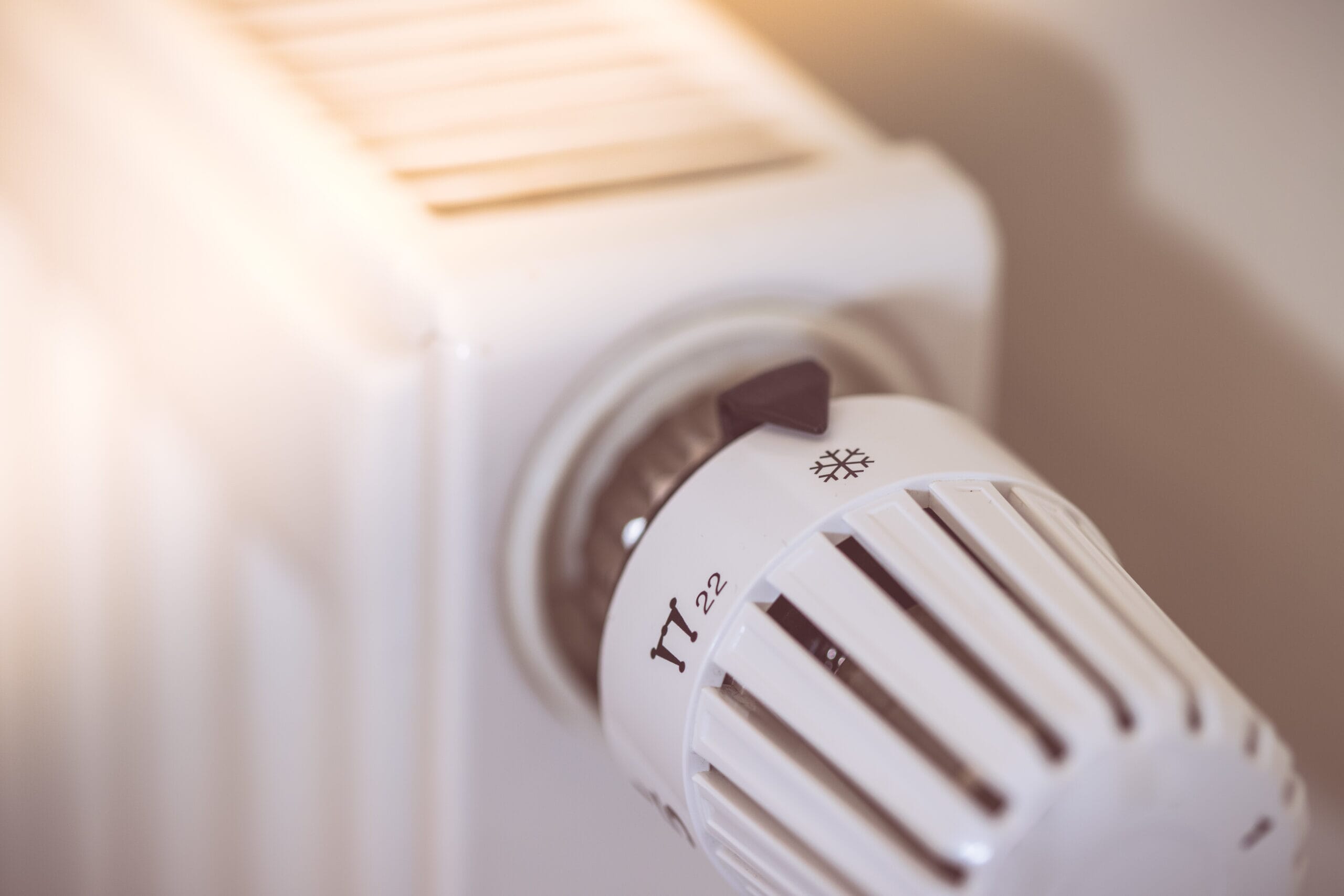
Part L/Section 6
Part L: Electric Heating
In this series of articles, we aim to answer some of your questions about the upcoming changes to Approved Documents L and F, SAP methodology and the Future Homes Standard.
I hear electricity is greener than gas. Does this mean I can use panel heaters moving forward?
It’s an interesting point and one which designers have been waiting on for some time. This question comes with a three-pronged answer: Yes, Maybe, Don’t Know.
Electric panel heaters have long been a preferred heating choice for installers, but the high Co2 assumed under current regulations makes it an unviable option for building regulations compliance.
The latest research shows the UK’s energy grid is being decarbonised thanks to wind and solar farms replacing coal power stations, and this means – for the first time – electricity is seen to produce lower levels of Co2 compared to gas, oil and LPG.
Some planning authorities have been requesting current methodology is used with SAP10 emission factors as part of new submissions, and these developers have experienced first-hand the benefit of using electric heating systems. However, using the full SAP10 methodology with the requirements of AD L 2020 is going to paint a very different picture.
We are expecting AD L 2020 to have three mandatory targets:
The Target Emission Rate is staying, but is being made tougher to meet. Depending on how brave the Government is feeling, the TER could drop by 31%. Electric heaters may perform better than gas boilers in terms of Co2 , but will this be enough of an improvement to meet the new, tougher reduction?
The Target Fabric Energy Efficiency is to be replaced with the Target Primary Energy Factor. TFEE looks at the amount of energy lost by the building fabric only and doesn’t consider the building services. TPEF looks at the energy used by the dwelling (and includes the energy it takes to produce and transport the fuel from point of creation to the building). The Primary Energy Factor of electricity is higher than other common fuel types, which puts this type of fuel at a disadvantage.
The third target is ‘Household Affordability’. This is very much To Be Confirmed, but we expect this will set a minimum Energy Performance Certificate rating for new buildings. The EPC rating is calculated based on fuel costs, so the cheaper the fuel, the better the result. Again, electricity doesn’t perform so well in this respect, as per kilowatt it is far more expensive than most other fuel types.
So to come back to my earlier answer:
Yes. Compared to other heating systems, electricity will work OK against the Co2 target. Heat pumps will perform incredibly well.
Maybe. Panel heaters are likely to generate a higher Primary Energy Factor than gas boilers or heat pumps.
Don’t Know. The Household Affordability is currently a mystery, but if it is based on EPC ratings then gas boilers are likely to narrowly outperform heat pumps with panel heaters lagging a long way behind.
Until the Government fills in the blanks in the new regulations, we can’t be much more specific than this, but you’ll notice a theme to encourage us towards heat pumps over anything else. (Those few developers who use wood or biodiesel for heating need not worry; the figures look promising for you.)
Current proposals suggest these regulations will be coming into force in England from October 2020. Contact us with your own questions about the regulation changes, or to discuss our training seminars and workshops.





